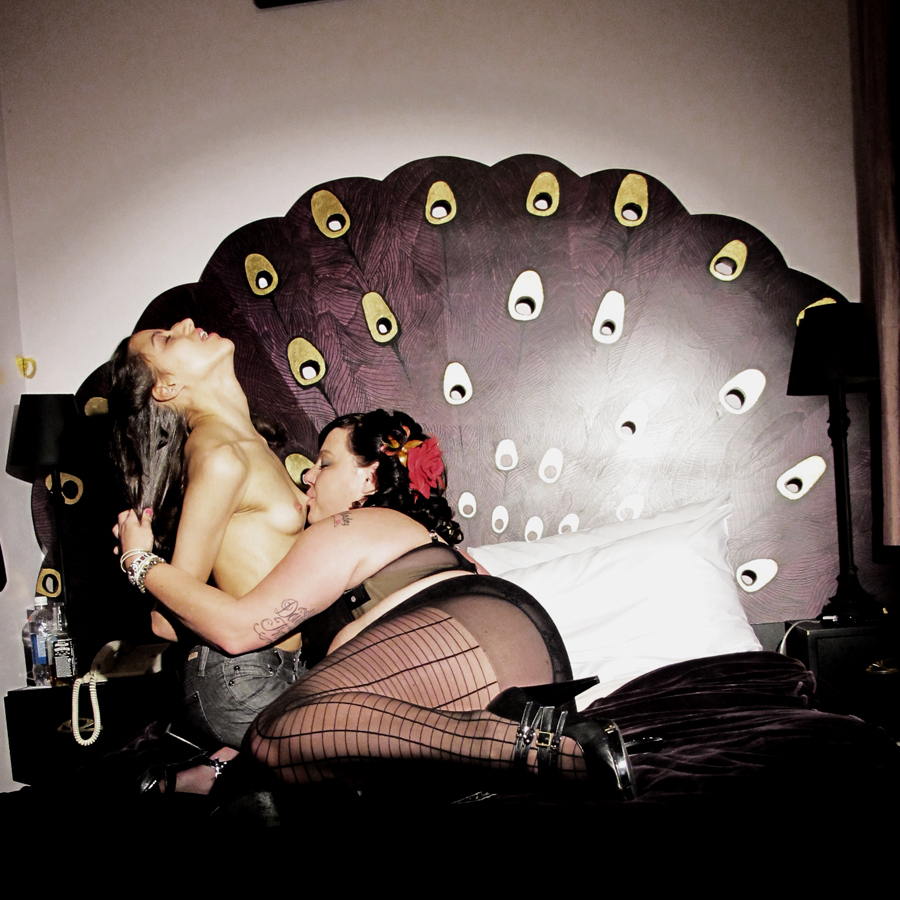***
 |
| Kampala, Uganda |
I keep searching for some sort of point I want to make based on my experiences here, but for the most part nothing is coming up. I've thought about writing about how it feels to be white in a country that's something like 99.5% indigenous, or how confusing I've found the social norms about touching, or how sometimes people seem more friendly here than in Boston.
I'm scared to write about my experiences in Uganda, because I'm pretty sure there are books about how offensive the ways that Westerners tend to write about Africa are. Since I'm white and relatively rich, I'm the perfect candidate for being ignorant about this sort of thing.
Also, I don't really know what to say. I haven't learned any concrete life lessons that I can think of, and I don't have any insightful observations. I guess this is because Africa, Uganda, Kampala are real places with all different kinds of people, places, and things. I don't want to make it into a caricature of a place just so I have something definitive to say.
I'm just going to share with you some general observations and reflections, and if I'm coming at it from an offensive angle, it could be good to get constructive criticism on that.
1. Touching seems to have very different connotations here. I still don't really understand it. Men that I work with (I mostly work with men) sometimes hold my hand for minutes at a time, or rub my arm while they're talking to me. I'm told that hand holding is not considered romantic here, but I always feel like they're coming onto me when this happens. I'm not sure if it's a gendered thing; I hear men hold hands casually with each other, too.
2. There are a lot of large, concrete walls with barbed wire separating properties. Also, there are lots of men with gigantic guns standing around; I'm told they're security guards, hired by local businesses.
3. People (mostly men) call out to me constantly as I walk down the street. They say, "Hello, how are you?" or, "Muzungu, how are you?" (muzungu = white person; I'm told it's not a derogatory term). At first I thought this was street harassment, so I didn't respond, but then I saw that my female friend just said hello back. I tried that, and found that the conversation usually ends there. Sometimes people are trying to sell me things, but often it seems like they're just curious. Every once in a while it's, "Hello baby!" and then I don't respond.
4. I feel like an outsider, but not really in a bad way. I expected people here to resent me for having so much more privilege and resources than most of them, but I haven't gotten that impression from anyone. People do seem to assume that I'm rich because I'm white, but they aren't hostile to me; they just want me to buy their products/services.
And they're right -- I am rich here. It's really weird for me. I can go to the fanciest restaurant I find (there are plenty of fancy restaurants here), buy an entree, a cocktail, and dessert, and it might cost me around 40,000 shillings (about $16).
In Boston, I'm more frugal than most of the people I know. I try to limit my unnecessary spending because it seems unfair for me to have much more than I need, while so many other people in the world don't have enough. But I'm skeptical of charity, and haven't found a way to combat financial inequality that I feel confident in. So I end up not spending much, and not donating much, and having money leftover.*
While I'm in one of the poorer countries in the world, it seems to me like it makes sense to spend money more frivolously. Isn't supporting local businesses a pretty direct way to get money to people with less money and resources?
Shopping at the market feels like a very direct way of supporting local Ugandans. I don't know what the shop owners' financial situations are like, but most of the shops are shacks that resemble the houses in the nearby slums, so I'm under the impression that they're not on the richer end of the Ugandan wealth spectrum. Conveniently, I really like shopping at the market. It's full secondhand clothes (my favorite), local produce, and often cute animals wandering around.
I usually barter when buying something at the market, partly because everyone I know tells me to. Also, I get the impression that people expect you to barter, so they jack up the price when you ask how much something is (prices are rarely marked). If I take it for the first price, I feel like I'm getting ripped off. But it seems weird to try to pay less for something when I can afford the higher price, and the money is likely worth much less to me than it is to the person I'm bartering with. On the other hand, I wonder if it would be ostentatious for me not to barter, because it is a part of the shopping experience.
5. I regularly find myself at fancy restaurants and touristy stores, which feels uncomfortable. Sometimes almost everyone in those spaces is white, and I wonder why I've gotten myself into a white people bubble in the middle of a 99.5% brown country. Sometimes when I go to these places it's because someone I know invites me to them, and other times it's because I feel physically safe going there alone, and they have things I'm used to (i.e. they take credit cards, I don't need the menu items explained to me, etc.).
*Note: At the time of publication, this is no longer the case. I spend a lot more money on housing than I used to, and I make less money than I used to because of irregular work hours.















